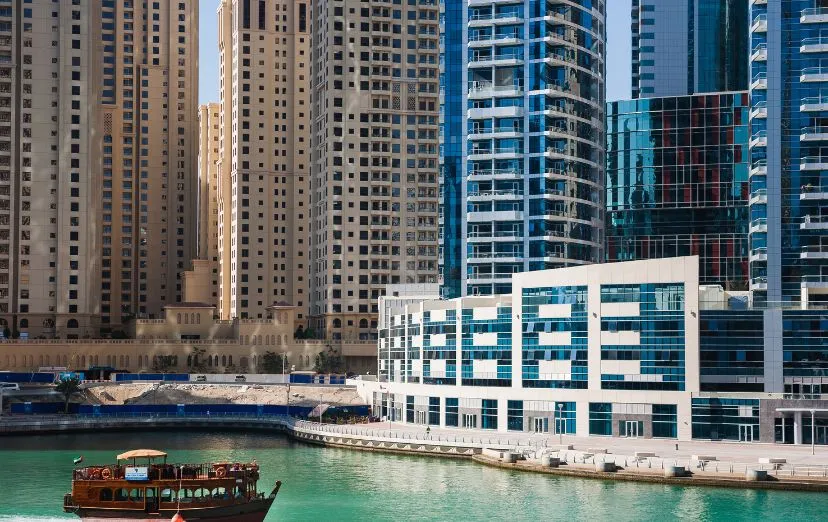
As Dubai's property market soars to unprecedented levels, senior developer Peter Zentai has issued a dire and timely warning to prospective investors regarding the spread of false reports and faked deals doing the rounds in the heated market. His warning is directed at the increasing number of promoters who are making absurd promises of giga-bucks returns and instant riches from property investments.
Zentai was particularly condemning such claims that involve making investors billionaires in a matter of months from Dubai real estate transactions, describing such offers as "almost always scams." Such unrealistic estimates, frequently circulated via social media platforms and unregulated advisory services, take advantage of novice buyers willing to ride Dubai's authentic success story.
The warning from the developer coincides with a critical point. Record-breaking sales results and celebrity success stories have all combined to build a climate in which less reputable players are able to take advantage of market hysteria. First-time buyers, especially those without experience of real estate basics are particularly susceptible to such tactics.
Zentai underscored the fact that although Dubai's real estate market has, in fact, yielded spectacular returns to most investors, genuine achievement necessitates a number of fundamental building blocks that cannot be avoided. Quality market research and knowledge of district dynamics and cycles of investment are imperative. Realistic budgeting, comprising genuine estimation of returns and risks, is the building block of wise investment choices. A long-term frame of mind that appreciates the fact that property is generally a medium to long-term investment tool is vital to success.
The builder emphasized that actual wealth creation in property requires hard work and qualities that cannot be substituted for with shortcuts or hype. He noted that even in Dubai's strong market, successful investors usually build returns through careful selection of property, strategic timing, and professional management of property instead of overnight speculation.
Industry insiders confirmed Zentai's worries, citing a rise in complaints from investors who were duped into investing in schemes with guaranteed returns, nonexistent properties offered at below-market prices, or so-called "insider" offers that end up being overpriced or ill-placed real estate. Regulators are also scrutinizing unlicensed property consultants and investment marketers more closely in the market.

Real estate experts advise investors to deal only with authorized developers and accredited financial planners. They must cross-check all assurances themselves, carry out physical site visits, and obtain full legal documentation prior to investing. Knowledge that reasonable returns in Dubai's prime locations are generally between 6-8% per annum for rental returns helps to have realistic expectations, although capital gain contributes substantially to total returns in the long run.
Zentai's caution is a timely reminder that while Dubai has a justifiable claim to fame as a great success story, the basic rules of good investment don't change. It is still sound practice to apply due diligence and to be wary of offers that sound too good to believe, whatever the shining headline statistics.